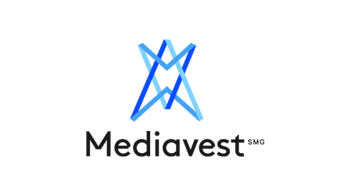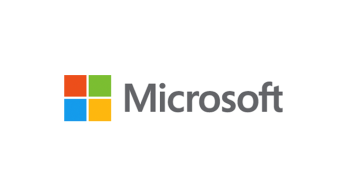The future of search lies in the power of suggestion
Nick Dutch
As part of Search Week 2016, Nick Dutch, Head of Digital at Domino's Pizza Group PLC writes about the power of suggestion.
Like nearly every category, the quick-service restaurant and food delivery sectors are being disrupted by new commercial models, new routes to market, new technologies and new kids on the block. In turn, all of this ‘newness’ means customers are changing their behaviours.
Want to see exactly where your sandwich is all the way to your office door? Uber Eats lets you to do just that. Want to split your payments with your buddies at Wahaca because Nick had twice as many margaritas as everyone else? Just use the Flypay app. You want to know whether your pizza’s in the oven and if you have time for one more game of FIFA before it arrives? The Domino’s app has that covered.
All of these examples are exclusive to apps, which points to a challenge and opportunity for brands. The challenge: how do we get our apps into the palms of as many customers as possible? The opportunity: once they’ve got the app installed, we’ve got a far greater and more cost-efficient route to their repeat custom.
At Domino’s, the vast majority of our traffic comes through search (paid or organic). But if we can find ways to reduce our investment in search in serving end-of-funnel needs, then we can free up marketing budget to drive more top-of-funnel awareness and consideration activities—and get more apps into more customers’ phones.
What does all this mean for search? Well, let’s try something interesting. Let’s take search out of the equation. Let’s imagine that consumers don’t want to search. After all, ‘search’ sounds a bit like hard work. We all know human behaviour favours the path of least resistance. There are plenty of studies proving that when you show consumers a bewildering array of choice, it impedes decision-making.
This is the same simple notion that created the original ingredients of Google’s PageRank: show the user links to the most appropriate web pages in order of relevance based on the search term. In essence, search suggests which sites are most relevant to the user’s needs based on the limited information they’ve provided.
So, the future of search is simple: suggestion. A search—defined by, well, Google – is when you ‘try to find something by looking or otherwise seeking carefully and thoroughly’. A suggestion meanwhile is ‘an idea or plan put forward for consideration’. No doubt the lazy person in all of us feels more comfortable with the latter approach.
You could argue it’s just semantics. But remember, we’re in a world where voice-assisted tools such as Alexa or Siri are increasingly commonplace. Consider the breadth and depth of our data footprint as we interact with the likes of Google, Amazon, Apple and Facebook every step of our day. Our expectations have shifted as we feel the need to be connected at all times. All this adds up to a reality where consumers need suggestions that remove friction and create value. As busy, connected people, we need technology platforms that can use all available data points to make suggestions at those times when a search just won’t do.
Consider a couple of scenarios.
1. I’m driving home from work and picking up my son from Beavers on the way. After a mile, my petrol light comes on. My phone—which is connected to my car—suggests that I fill up, since tomorrow I have a long drive on a bad traffic route. It then gives me directions to the nearest petrol station. Just before I jump out, I get two further notifications. One reminds me to get cash, since the place I’ve booked for lunch tomorrow doesn’t take cards. The second reminds me it’s my son’s joining-in ceremony this evening, so I need to pick up some treats to celebrate with him and his crew.
2. We’re having a family day out, but the kids are tired and want to go home earlier than planned. We head to the train station. My phone senses both my direction of travel and my probable end destination. It pings me a notification pointing out the tickets for the quickest journey at the best price. On the train, I then get a notification suggesting that I remotely turn on the heating at our house because we’ll be home earlier than expected. I’m also notified that the last time we shopped was 10 days ago, so I’d better get some food in for tonight. My phone then shows me a choice of three places where I’ve bought food in recent months... So what do I say?
‘OK Google. Order me a Domino’s.’
That’s two everyday life examples, with seven helpful suggestions and four opportunities for a monetised suggestion to the highest, and most relevant bidder.
If I were given the choice of bidding for a place in that second scenario with the context and data behind it, or simply fighting for a click as a result of a search for “pizza delivery”, I know where I’d be putting my pounds. While today many might think of search as an activity that consumers pursue proactively, the future will be about brands and advertisers using data to anticipate users’ needs in advance and push relevant messaging to them exactly when and where they need it.
Related content
The importance of decoupling display KPIs from search
Learn moreHumanising Search
Learn moreKey current trends in search - a takeaway guide
Learn moreTeaching machines to see - the future of visual search
Learn more
Rediscover the joy of digital advertising
Champion connections instead of clicks. Capture audiences' imaginations, not just their attention. Boldly find your own beat instead of letting tech set the pace. It’s time to rediscover the joy of digital.



